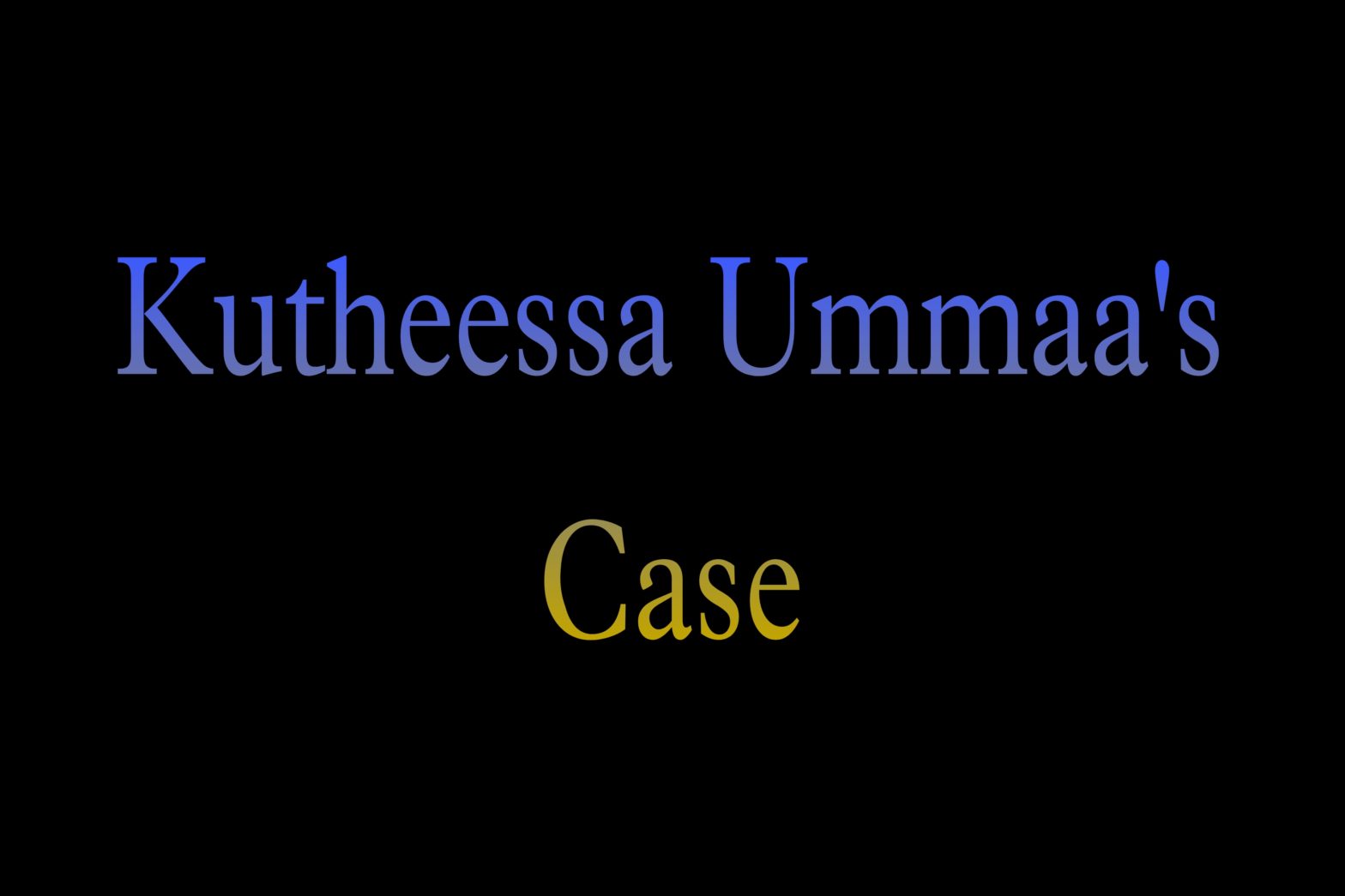Petitioner: Valia Peedikakkandi Kutheessa Ummaand Others
Respondent: Pathakkalan Naravanath Kumhamuand Others
Citation: 1964 AIR 275, 1964 SCR (4) 549
Bench: Hidayatullah, M. , Sarkar, A.K. , Shah, J.C. JJ
Date Of Judgment: 23/08/1963
Facts
On April 7, 1944, Mammotty, who was married to Seinaba, made a registered deed transfer of his property, including immovable property, to Seinaba. Mammotty died peacefully on May 3, 1946. Seinaba died a short time later, on February 25, 1947, without leaving a legacy. Seinaba was 15 years and 9 months old at the time of the gift. Mammotty was apparently ill for a long time and in hospital, and he was discharged uncured a month before the gift deed was executed, and he stayed at his mother-in-law’s house afterward. The nature of the disease is disputed, and a claim was made in the case that the gift was made in anticipation of death and hence voidable. This plea need not detain us because the trial Judge and the first Appellate Judge did not accept it.
Following Seinaba’s death, Kunhamu, Mammotty’s eider brother, filed an action for partition and possession of a 6/16 piece of the land that he claimed as an heir under Muhammadan Law, disputing the gift as invalid. He entered the suit as a defendant, claiming that each of his two sisters was entitled to a third of a share. He further claimed that as Seinaba’s heirs, the first three defendants (appellants) had a right to the remaining 4/16 share. In other words, Kunhamu claimed that when Mammotty died, his widow Seinaba was entitled to the enhanced 1/4 share because there was no issue, and the remaining 3/4 was divided between Kunhamu and his two sisters, with Kunhamu receiving twice as much as each sister. These shares, he claimed, were unaffected by Seinaba’s invalid gift in her favour and accepted.
Issues
Is a gift by a husband to his minor wife and accepted on her behalf by her mother valid?
Holding

In this case, the court decided that a gift accepted on behalf of a minor daughter by the mother was not a valid gift.
Rationale
Under Mohammedan law, a gift from a husband to his underage wife must be accepted on her behalf by a legal guardian of her property. Seinaba’s mother was not Seinaba’s legal guardian. In the case of minor females, Mahammadan Law distinguishes between guardianship of the person, guardianship of property, and guardianship for the purpose of marriage (Wilayat-ulNikah). The property’s guardians are the father and grandpa, as well as their executors (Wasi) and even the executors of the executors, and lastly the Kazi and his executor. Except for the Civil Court, which has taken the role of the former, none of these existed.
